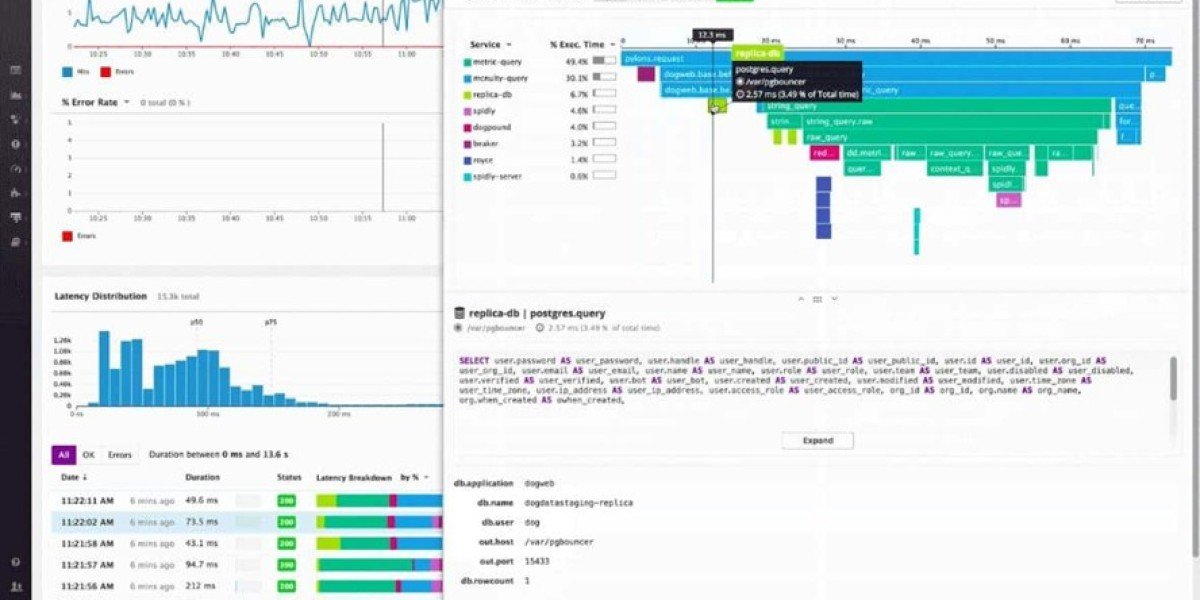In today's fast-paced digital age, the demand for convenience in everyday tasks has never been higher. One area that has seen significant transformation is the process of obtaining and managing driver’s licenses. The introduction of online driver's licenses has revolutionized the traditional approach, making it more accessible and efficient while also raising new security challenges. This article explores the benefits, challenges, and future prospects of online driver’s licenses.
What is an Online Driver’s License?
An online driver’s license (ODL) is a digitally issued version of a traditional driver’s license that can be accessed through a secure app or website. The ODL allows individuals to verify their identity and driving privileges without needing a physical card. It integrates advanced technology, including biometrics and encryption, ensuring that user information remains secure.
Benefits of Online Driver’s Licenses
Convenience and Accessibility: One of the most significant advantages of online driver’s licenses is the convenience they offer. Users can apply for, renew, or update their licenses from the comfort of their homes without visiting a Department of Motor Vehicles (DMV) office. This is particularly beneficial for those living in rural areas or for individuals with mobility challenges.
Time-Saving: The traditional process of obtaining a driver’s license often involves long wait times and paperwork. Online licenses streamline the process, allowing users to complete necessary forms and payments online and receive their license quickly, either electronically or by mail.
Enhanced Security: Digital licenses incorporate advanced security features. With technologies like two-factor authentication, biometrics (fingerprint recognition, facial recognition), and encryption, online driver’s licenses are often more secure against theft and forgery compared to their physical counterparts.

Real-Time Updates: Online systems can provide drivers with real-time updates about their license status, expiration dates, and even traffic violations. This instant access to information helps users to stay informed and compliant with regulations.
Environmental Impact: The reduction of physical plastic cards contributes to environmental sustainability. As more individuals transition to digital formats, the demand for plastic cards decreases, leading to less plastic waste.
Challenges Faced by Online Driver’s Licenses
Digital Divide: While the digital transformation has many benefits, it also raises concerns about accessibility. Not everyone has equal access to reliable internet or digital devices. This disparity can create barriers for certain groups, such as the elderly or those in low-income communities.
Privacy and Security Risks: The storage and transmission of personal data online inevitably introduce risks related to data breaches and cyber-attacks. Protecting sensitive personal information becomes paramount. Regulatory frameworks must be established and maintained to ensure robust cybersecurity measures are in place.
Certification and Fraud: With digital identities becoming increasingly prevalent, concerns about identity theft and fraudulent applications persist. Robust verification methods must be in place to ensure that only authorized individuals can access and utilize their online driver’s licenses.
Legal Recognition: While some states and countries have begun to embrace digital driver's licenses, others may not recognize them as valid identification. This inconsistency can complicate matters for those traveling or relocating.

The Future of Online Driver’s Licenses
As technology continues to advance, the future of online driver’s licenses looks promising. Many jurisdictions are already exploring or implementing digital licensing solutions, with some states in the U.S. having adopted mobile driver's licenses (mDLs) compatible with smartphones. Furthermore, ongoing developments in blockchain technology may enhance security and authenticity.
Additionally, as the public becomes more accustomed to digital solutions, the legal frameworks surrounding online licenses are likely to evolve. Governments and organizations will need to collaborate to address challenges and set standards for digital identification, ensuring that the rights and privacy of users are prioritized.
Online driver’s licenses represent a significant advancement in how we manage identification and driving privileges. Balancing the convenience and accessibility of digital licenses with the challenges of security and privacy will be crucial as society moves toward a more digitized environment. With careful implementation and continuous improvement, online driving licence uk (visit these guys) driver’s licenses can enhance the user experience while safeguarding individual rights and information. The road ahead is digital, and embracing this change may ultimately lead to a safer, more efficient future for all drivers.








